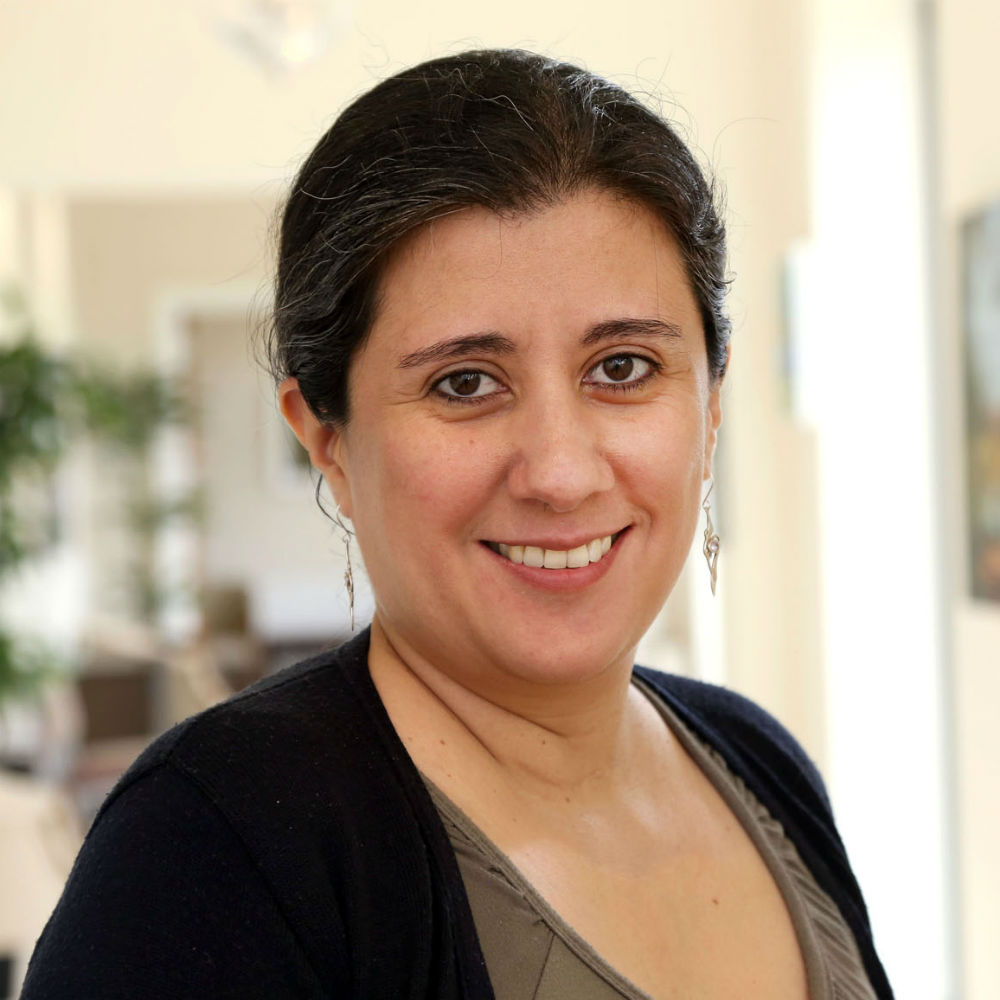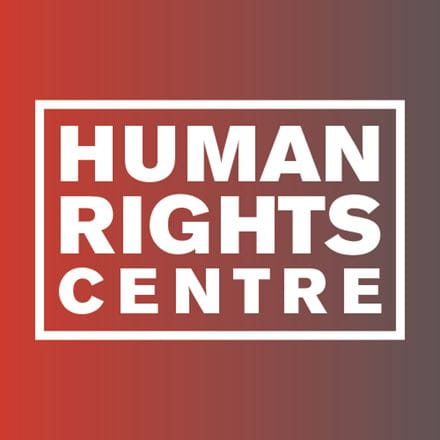Human Rights Law

Our research areas include issues relating to conflict and crisis, human rights and technology, transitional justice, international criminal law, gender and human rights, international refugee law, human rights and the environment, economic and social rights with a particular focus on the right to health, business and human rights, freedom of religion or belief, public law and human rights, regional human rights mechanisms, postcolonial approaches, and human rights theory, among others.
Members of our research cluster have extensive expertise in human rights law at the national, regional and international level, both in research and practice. They hold positions as UN Special Rapporteurs; chairs and members of UN Committees; legal advisers to UK parliamentary Committees; and members of management and advisory boards of NGOs and charities. Our research cluster also hosts several internationally renowned human rights theorists and scholars who are undertaking cutting-edge interdisciplinary research.
Our human rights research takes place in the environment of the Human Rights Centre. Based in the Essex Law School, it is one of the oldest academic human rights centres in the world.
Our news
Human Rights Local
Human Rights Local recently published a report on poverty and social rights in Essex. The report documents the state of social rights in and near Colchester, home of the University of Essex Human Rights Centre. The research uses the International Covenant on Economic, Social and Cultural Rights as the normative and analytical framework, and focuses on access to housing, social security, food poverty and child poverty, and access to libraries. The report is based on quantitative and qualitative desk research, as well as 13 in-depth interviews with representatives and local officials, local community groups, local charities and non-profit organisations and academics, as well as information provided in writing by Colchester Borough Council and Essex County Council. A shorter version of this research will be submitted to the UN Committee on Economic, Social and Cultural Rights for their forthcoming review of the UK’s compliance with the International Covenant on Economic, Social and Cultural Rights, a review that will take place between 2022 and 2024. The report can be found on the project’s website.
The Defence of Mistake of Law in International Criminal Law: A Study on Ignorance and Blame, as recently published with Oxford University Press
Dr Antonio Coco’s book, The Defence of Mistake of Law in International Criminal Law: A Study on Ignorance and Blame, as recently published with Oxford University Press (in 2022). A short summary of the book is provided below:
The adage 'ignorance of the law is no excuse' is significantly inaccurate. Ignorance and mistake of law do, under certain circumstances, exclude responsibility both in national and international criminal law. This monograph updates the existing reviews of law and practice on the topic, aiming to go a step further: it takes the analysis of mistake of law as a starting point for systematic observations about international criminal law in general.
First, the volume defines the contours of the defence of mistake of law in general theory of criminal law, distinguishing it from cognate defences and highlighting, most notably, its connection with superior orders. Secondly, it gives an overview of the possible approaches to the defence, offering examples from national law as terms of reference for the subsequent analysis of international criminal law. Thirdly, it surveys the relevant law and practice of international criminal tribunals, with a focus on the International Criminal Court, and it contemplates offences for which a defence of mistake of law may potentially succeed. Finally, the author tries to interpret what the rules on mistake of law applicable before international criminal tribunals imply about the purpose of punishing individuals and to the legitimacy of such punishment.
Whilst the discourse on international criminal law is more and more concerned with global politics, The Defence of Mistake of Law in International Criminal Law brings back the focus on the appropriateness of imposing a guilty verdict on the individual defendant, a human being constituting the basic unit of each society.
- Further details about this book
Human rights quarterly news
Dr Andrew Fagan’s article entitled ‘Taking Class Seriously’ will be published in the Human Rights Quarterly in May 2023. This work is based upon a presentation that was presented to the Human Rights Cluster in mid-2022.
Dr Koldo Casla will also have an article published in the same issue entitled The Right to Property Taking Economic, Social and Cultural Rights Seriously.
More about both papers can be found below:
Taking Class Seriously - This article critically analyses the human rights perspective on the rising poverty and inequality afflicting increasing numbers of people within high-income, liberal democratic societies. I argue that the human rights community is largely failing to diagnose and respond effectively to this systemic injustice suffered by many. Developing upon existing scholarship in this area, I account for our continuing failure by focusing on social class and argue that the human rights community is afflicted by a form of class blindness. I then develop the basis for overcoming our continuing neglect of social class, en route to what I argue is urgently needed if human rights are to provide the kind of political and ethical leadership required for effectively engaging with poverty and inequality in affluent societies: the de-gentrification of human rights.
The Right to Property Taking Economic, Social and Cultural Rights Seriously - The right to property is part of International Human Rights Law (IHRL). However, the right is conspicuously missing from some fundamental treaties, and there are important inconsistencies in its interpretation by regional and global human rights bodies. In light of the indeterminacy and polysemy of IHRL in relation to property, this paper articulates a proposal to rethink this right taking Economic, Social, and Cultural Rights (ESCR) seriously: the property is a human right; it includes private property as one of its forms, but this is not the only one; property has a social function; and potential clashes between property and other rights, including ESCR, should be dealt with in accordance with the principles of proportionality and public interest.
Related courses
Are you interested in human rights and are captivated by the impact our research has around the world? Do you want to become part of the fight in defending human rights around the globe? Our academics are pioneers in the field and at Essex, our research leads our teaching.
As an interdisciplinary subject, there are a number of exciting degrees in human rights at Essex. If your interests span various topics, you can also find a number of joint honours degrees across our many subject areas. If you're not sure which subject is right for you, you can always search for a course.
If you're looking for research opportunities, or to find a supervisor, you can use our research finder by searching for your research interests.





